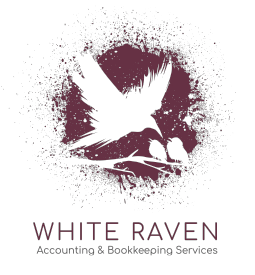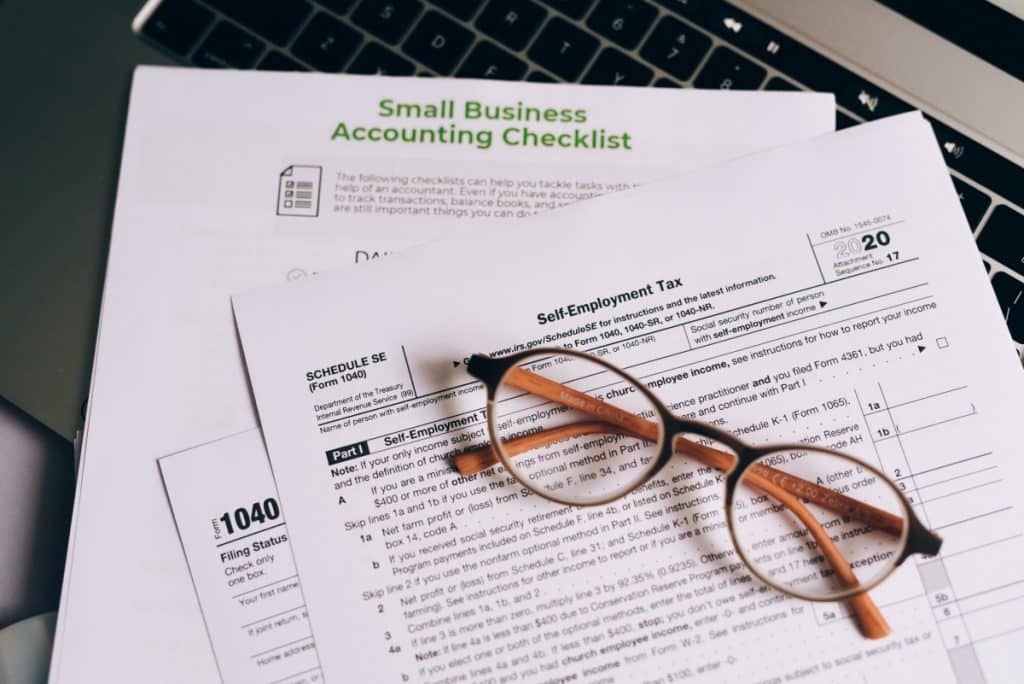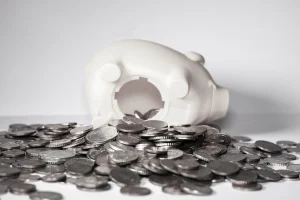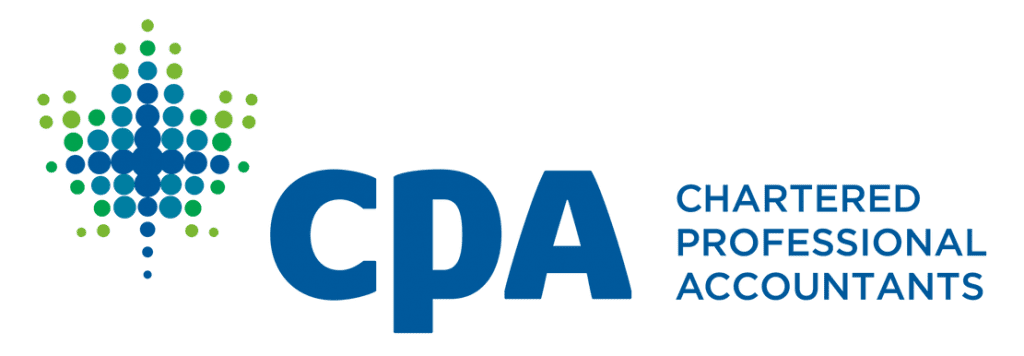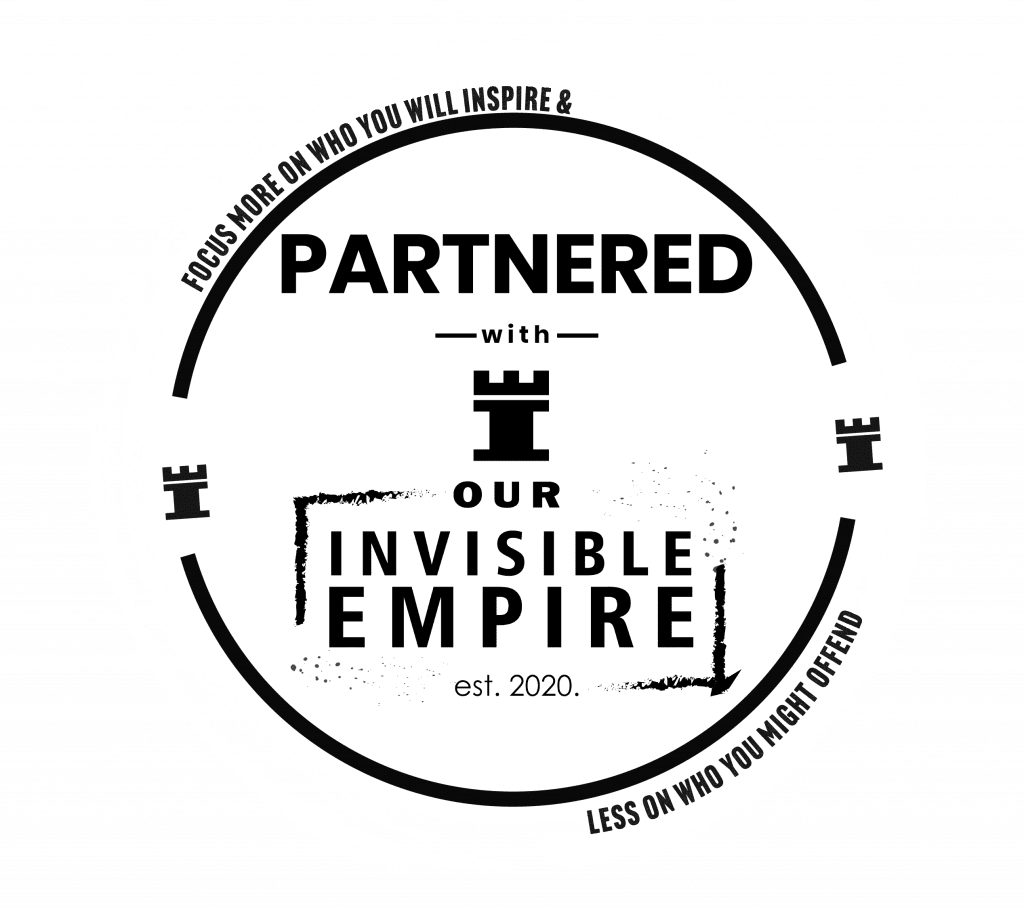If you own a business or know someone who has, then chances are you’ve heard of a “write-off,” also known as tax deductions. According to the Government of Canada: “you can deduct any reasonable current expense you incur to earn income.” Now that we know this information, we need to know what a current expense is and how you determine if it was incurred to earn business income. Just like most accounting and tax issues, there are exceptions and specific one-off scenarios which we will dive into later. To keep it concise we will add links at the end of the blog where you can learn more.
Current VS Capital Expenses
Current expenses are generally deductible in the current year or right away, while capital expenses are ducted over a period of time, typically over the useful life of the purchase. Criteria that will allow us to differentiate between these two types of expenses include:
Lasting benefit– Capital expenses provide the business with a benefit lasting more than one year. The changing of a roof of a building would be an example of a capital expense because it would increase the lifetime of the property. Current expenses tend to benefit the business either instantly or for a period lasting less than a year, such as repairing a broken roof to its original state, rather than building a new one.
Improvement vs. Maintenance – An expense that improves a property beyond its original conditions tends to be a capital expense because it gives you a lasting benefit. An expense that restores or fixes property to its original condition is usually a current expense.
New assets vs. repairing already owned assets – A capital expense would be purchasing a new asset, while a current expense would generally be repairing a previously owned piece of equipment/property. A new computer will provide a long-lasting benefit and would be considered a capital expense. On the other hand, repairing an old computer would be a current expense as it is maintenance and not an improvement.
What Is A “Reasonable Expense”
The next issue to face is whether an expenditure is reasonable and incurred for the purpose of earning business income. This all varies depending on what your business entails. For example, it would be reasonable for a moving company to claim all fuel, vehicle maintenance, and car insurance costs, but it might not be reasonable for a remote software developer to do the same. The issue is dependent on whether the expense is used in the business to earn income.
It’s important to remember you have to support all business expense claims with either a sales invoice, an agreement of purchase and sale, a receipt, or some other voucher that supports the expenditure. If you pay with cash then be sure to get receipts or other vouchers, including the name and the date on the receipt.
Exceptions To Tax Deductions
Accounting and taxes can get tricky when there are so many different types of expenses and types of businesses. At White Raven Accounting, we have worked with many small businesses and know the best way to optimize your business expenses to keep your taxes as low as possible while following all tax guidelines set by the CRA (Canada Revenue Agency).
Vehicle-Related Expenses – Expenses for a personal vehicle that you use to earn business income can be used towards your tax deductions. Certain items such as fuel, insurance, registration costs, leasing costs, and maintenance are all expenses that you can “write off.” If the vehicle is used for business and personal use, then you will only be able to deduct the business-related portion of the expenses. Keep in mind that a mileage log will need to be kept to record the business kms driven in the year.
Office and Home Expenses – Tax deductions are available for home office expenses only if your home is your primary place of business, or you use it only to earn business income and regularly meet clients and customers there. Your rent or mortgage interest, internet costs, utility costs, maintenance costs, and property taxes are all expenses that could be deducted. Since this is your home office, we assume that this office is only a portion of your house. Because of this, you would calculate your work space divided by the total area of your home to get the portion that is deductible.
Meals and Entertainment – Only when meals and entertainment expenses are incurred for business purposes may they be used towards tax deductions. The maximum amount that you can claim for food, beverages, and entertainment expenses is 50%.
Legal, Accounting, And Other Professional Fees – Yes you can deduct the fees you inferred for external professional advice or services, including consulting fees. You can also deduct fees you incur for preparing and filing your income tax and GST/HST returns.
How We Help With Your Tax Deductions
At White Raven Accounting, we know how important it is to have your accounting and tax deductions done right, so you can save time and money. We have worked with many small businesses in Calgary, AB, and can help you with corporate taxes. Visit our Contact Page for a free consultation.
Helpful Links:
